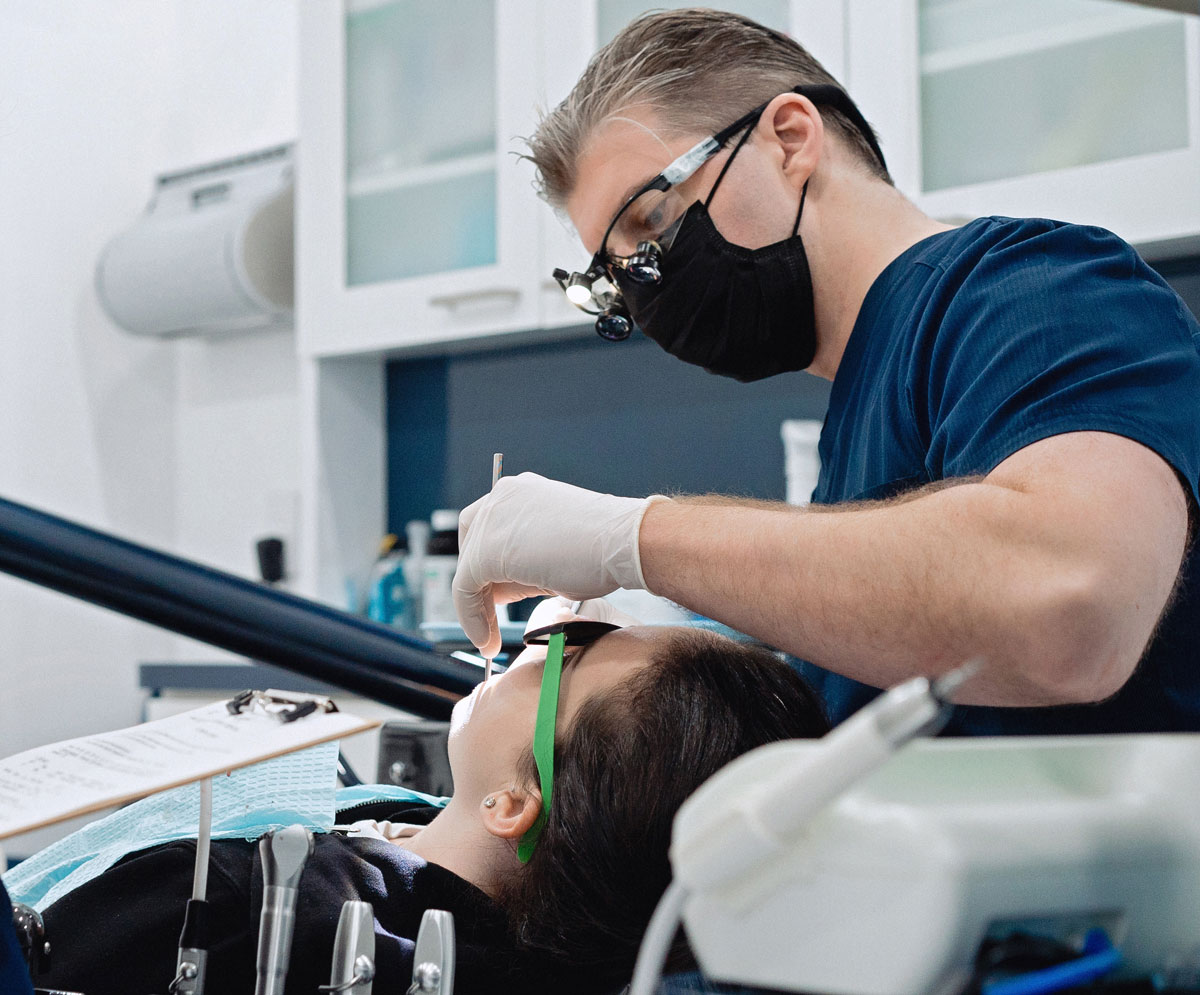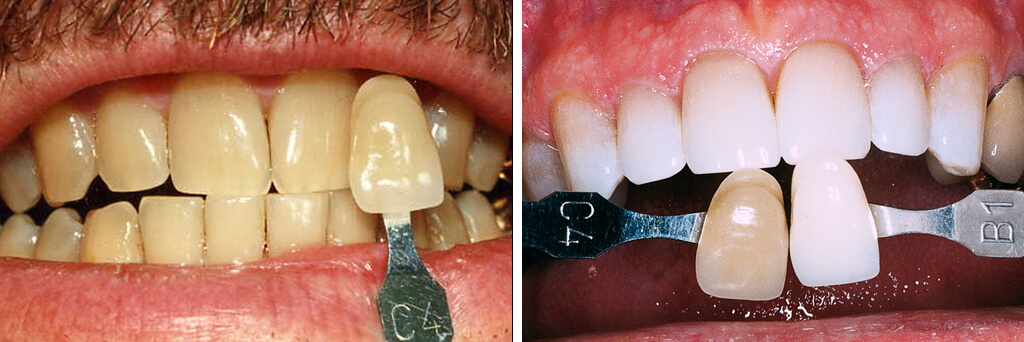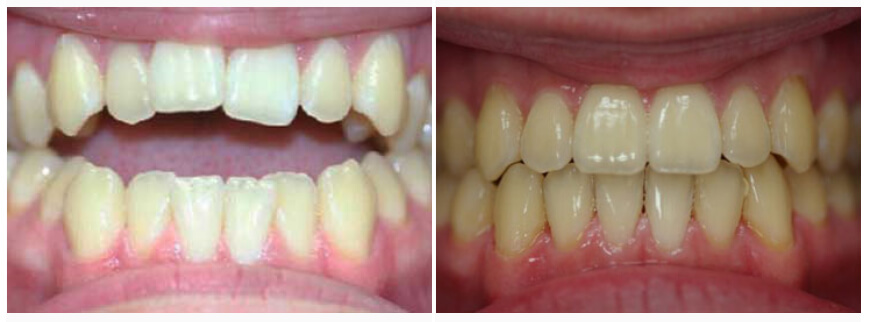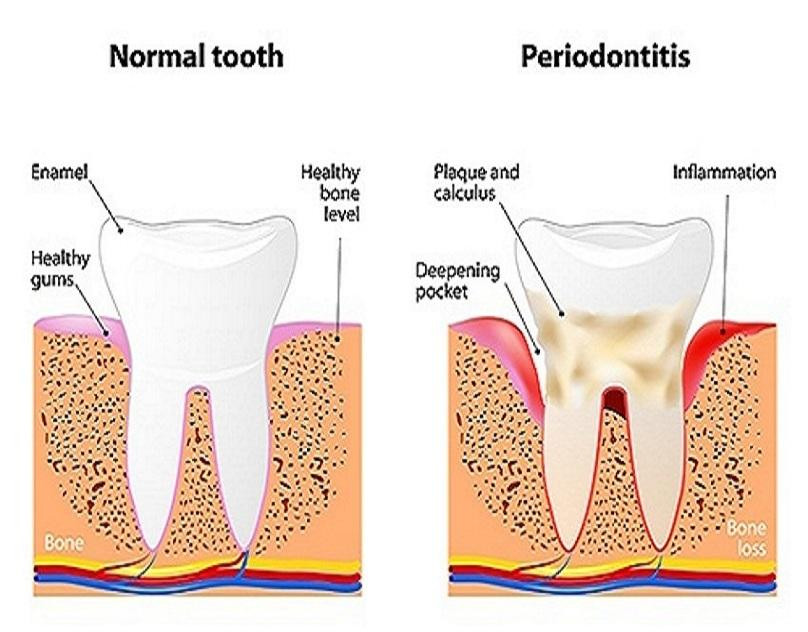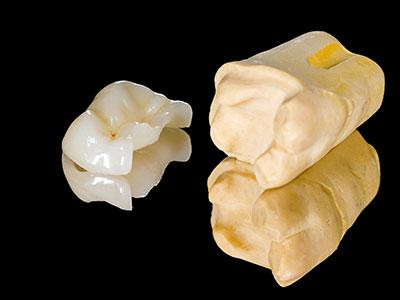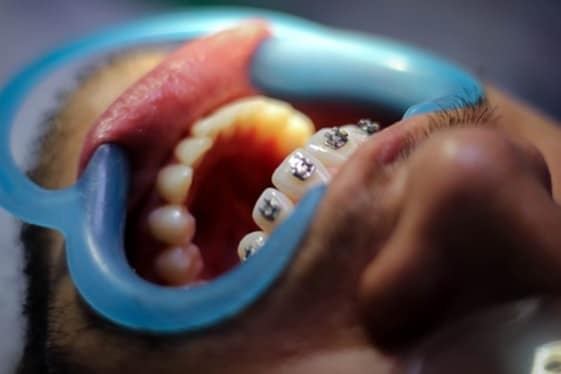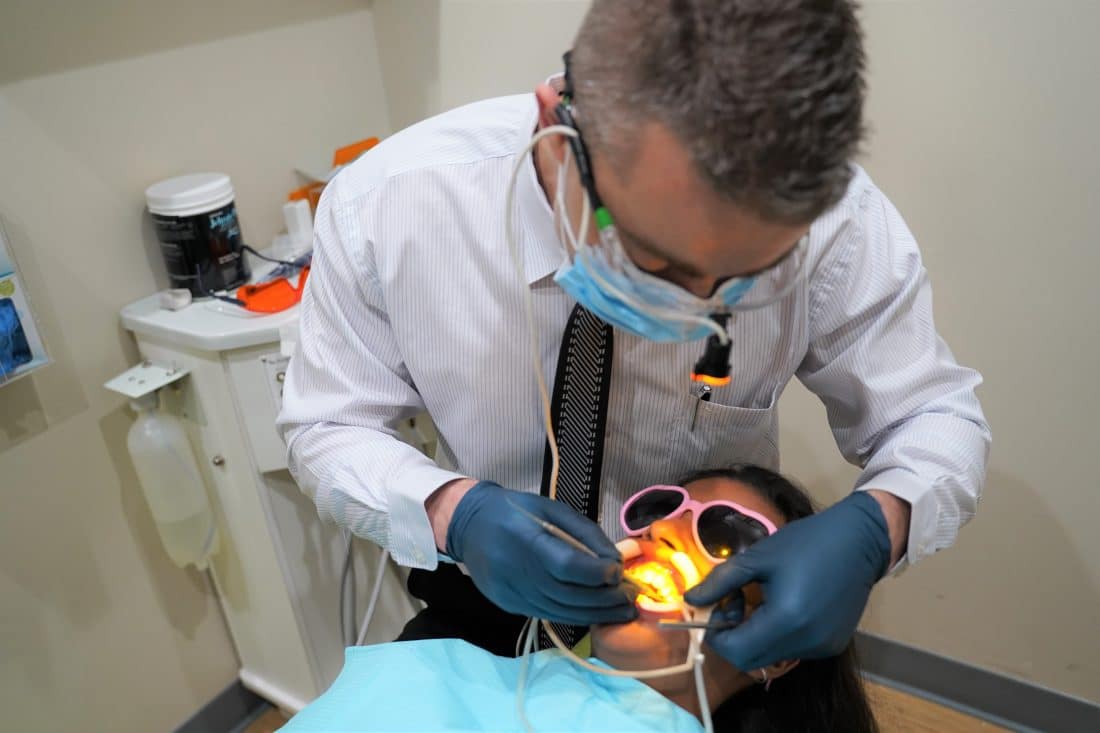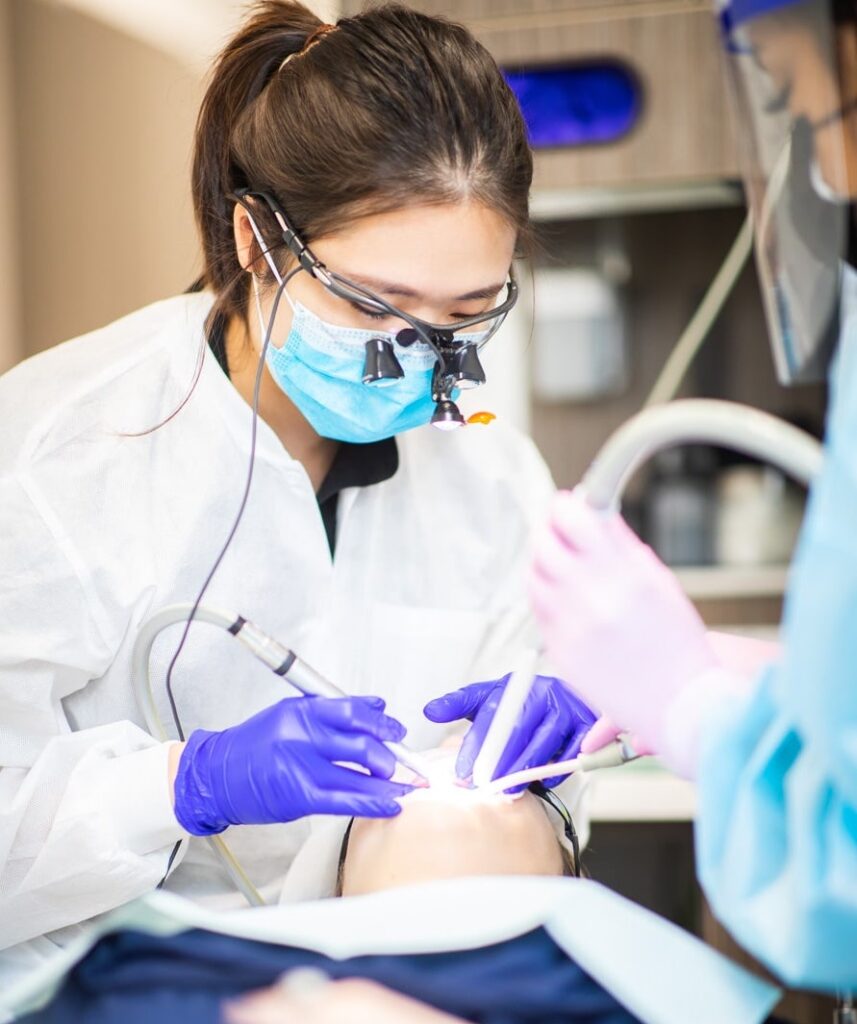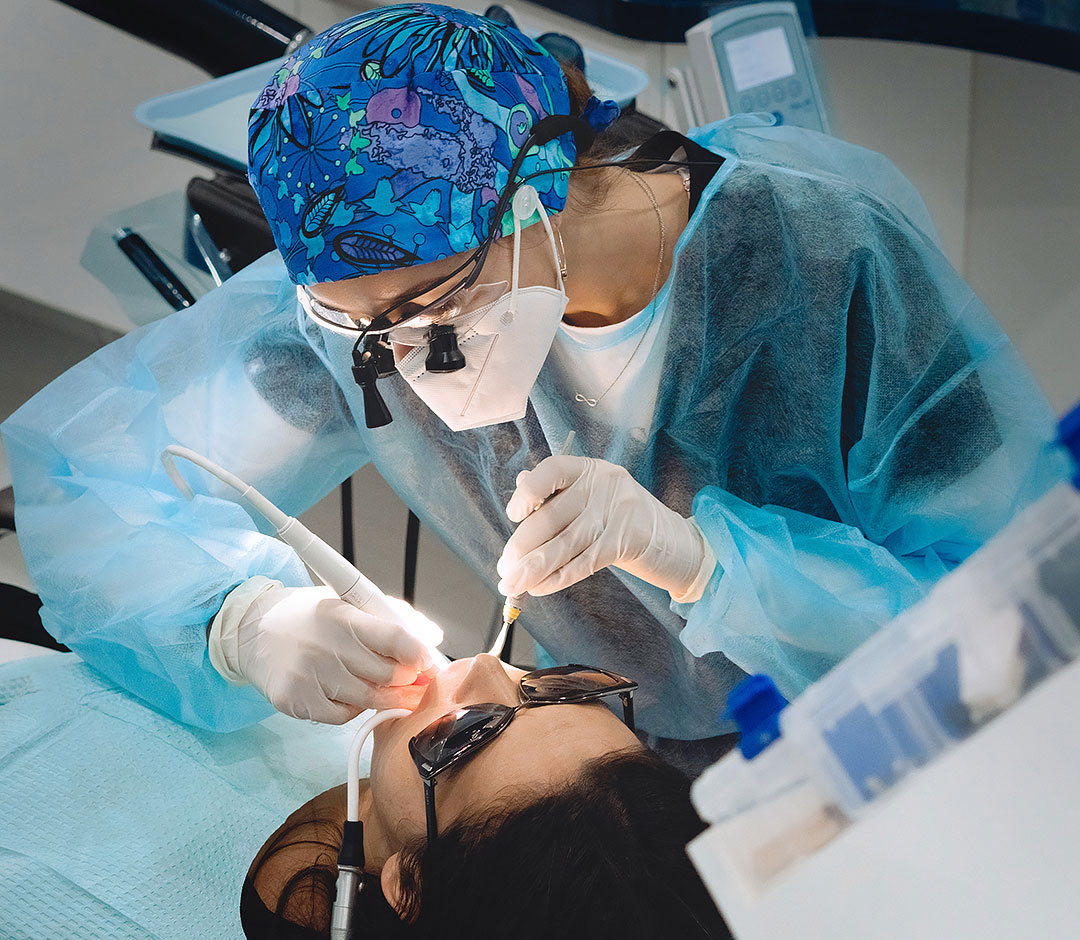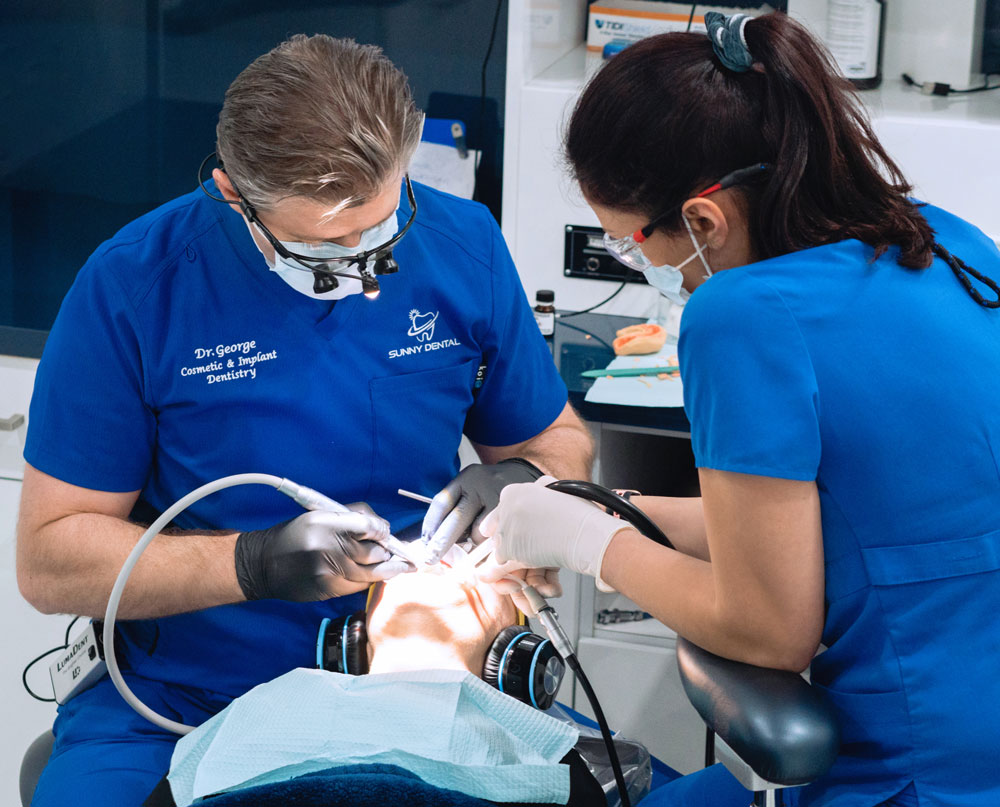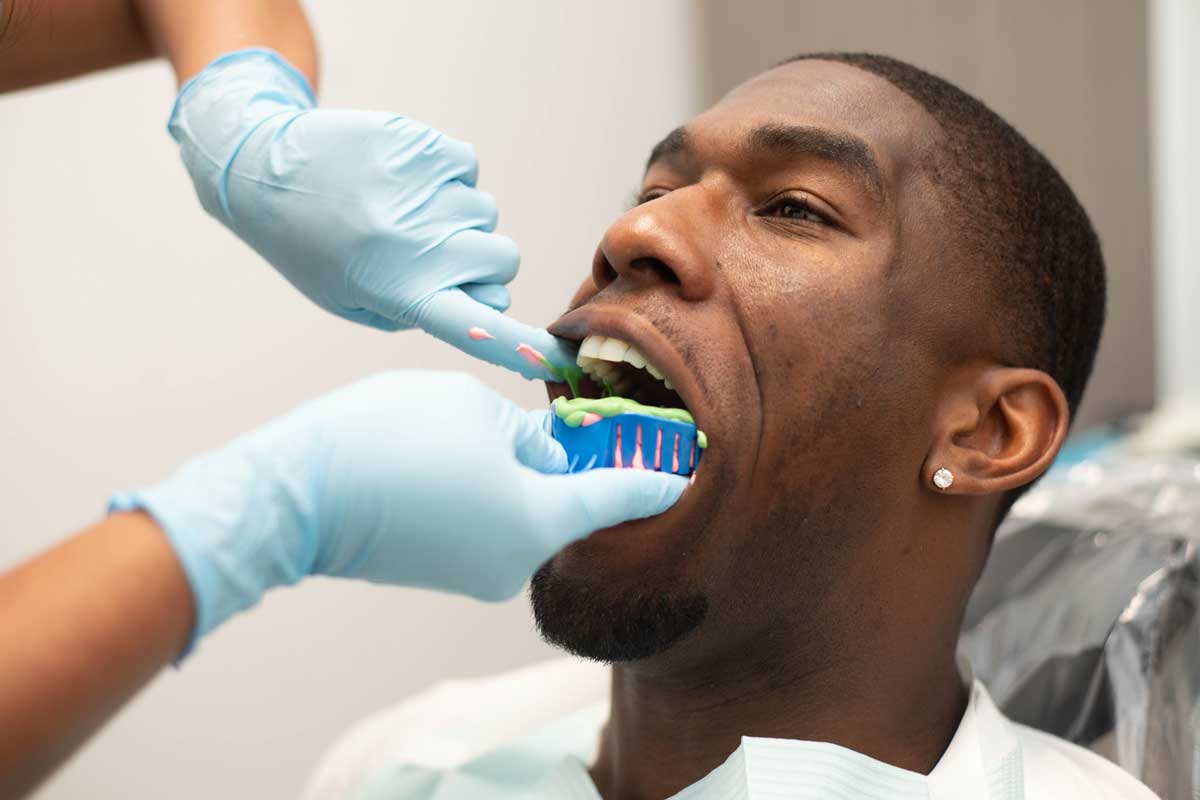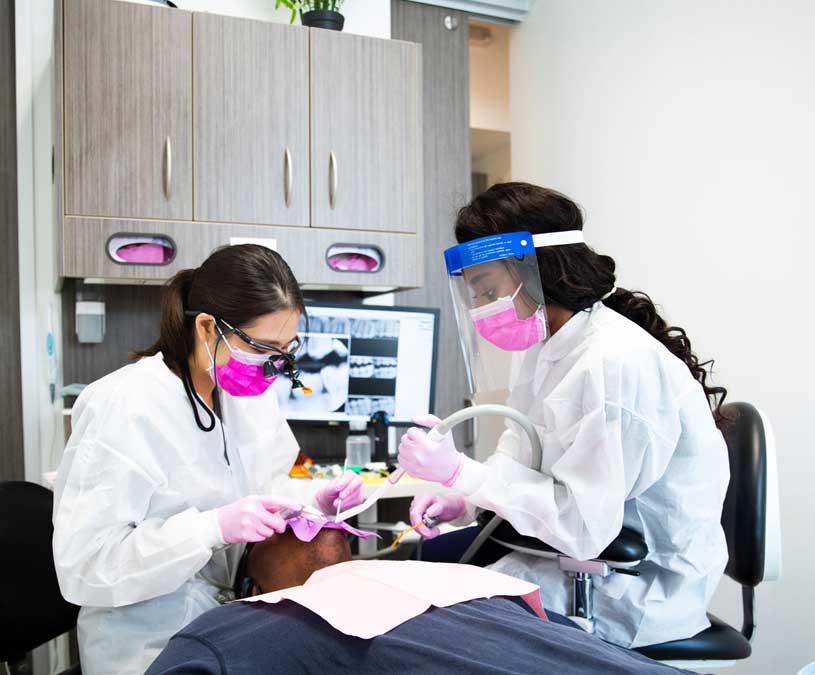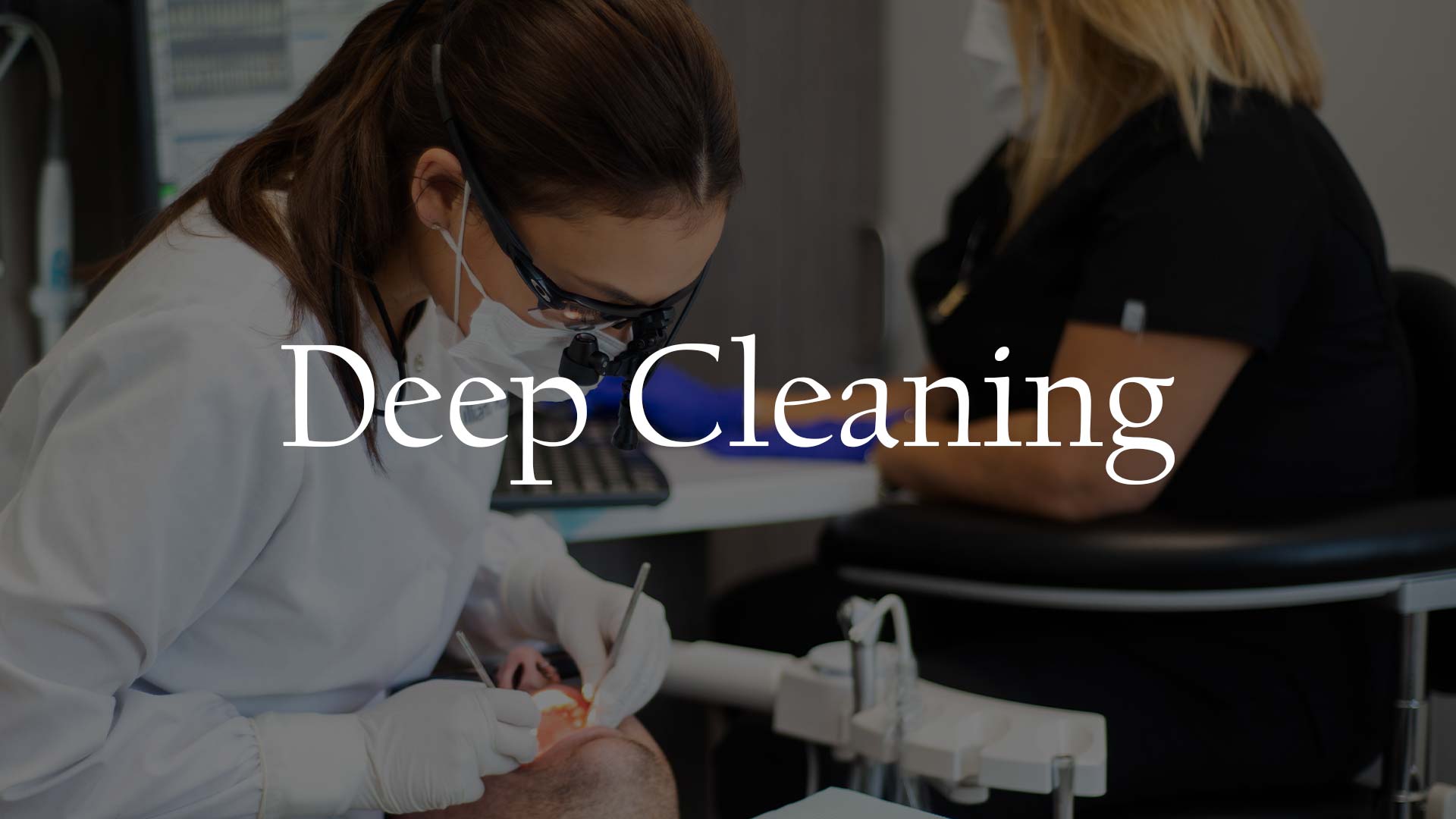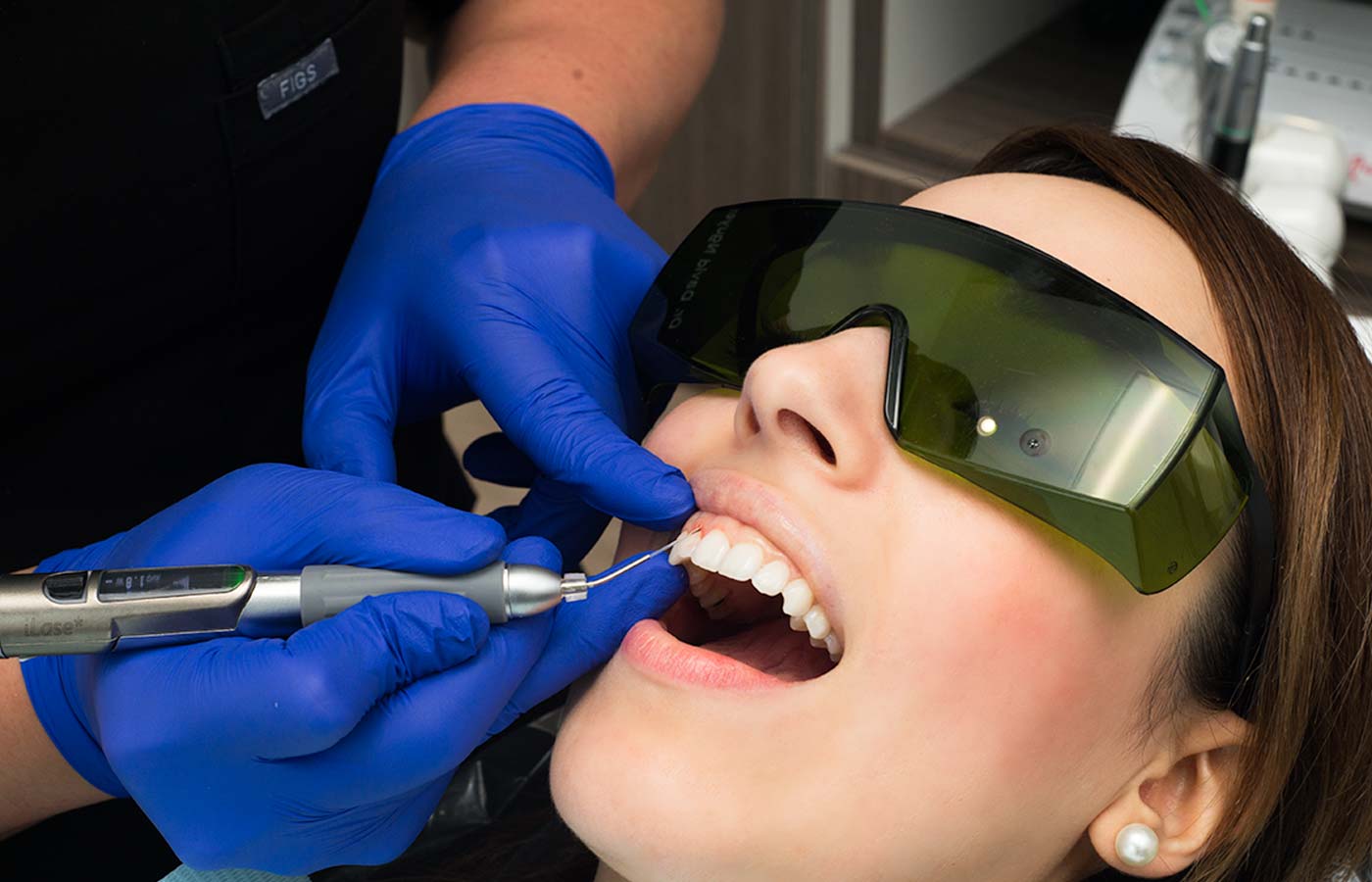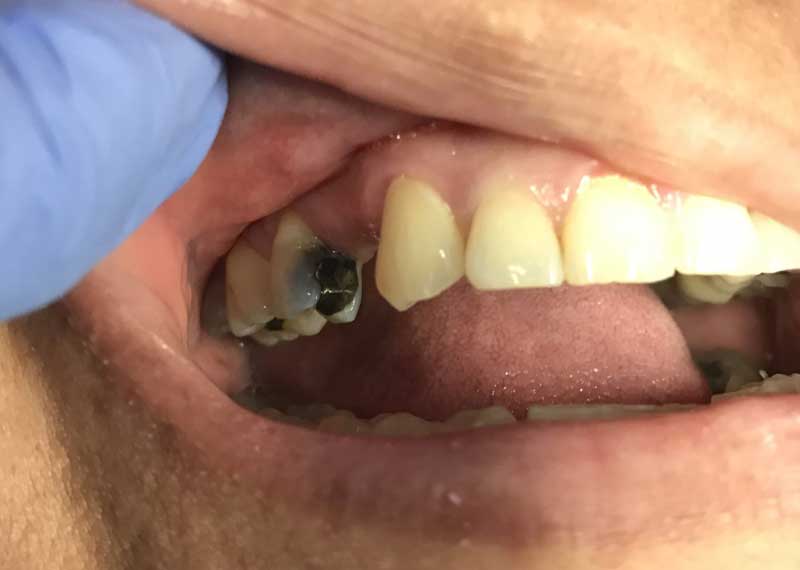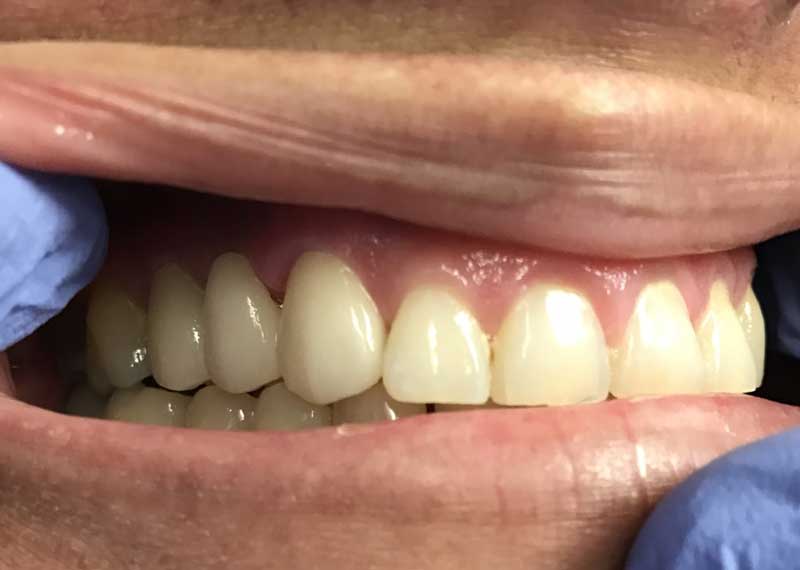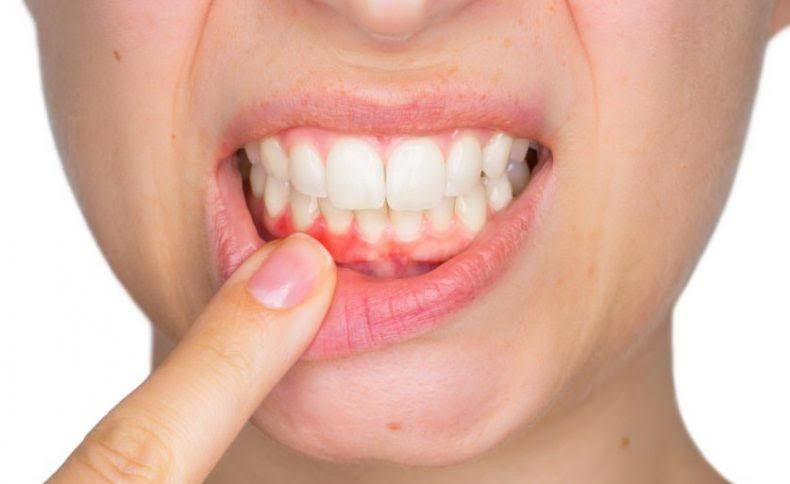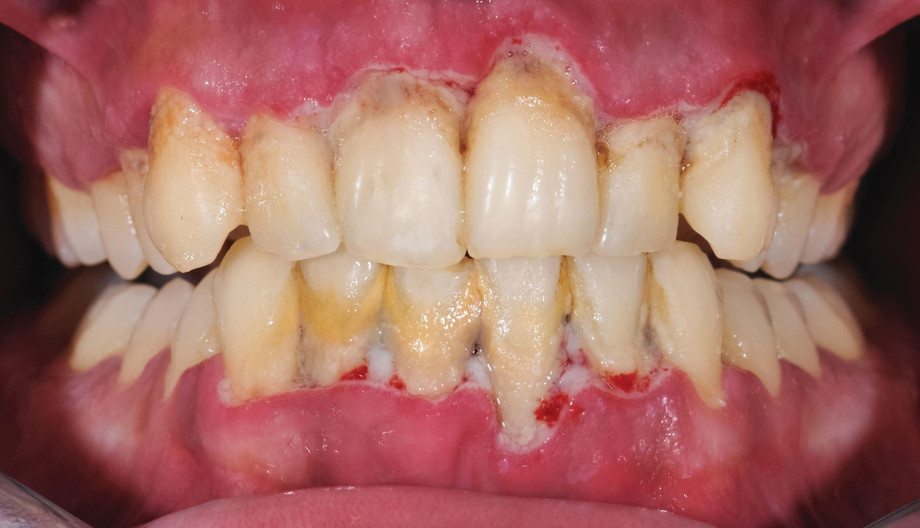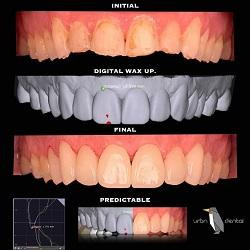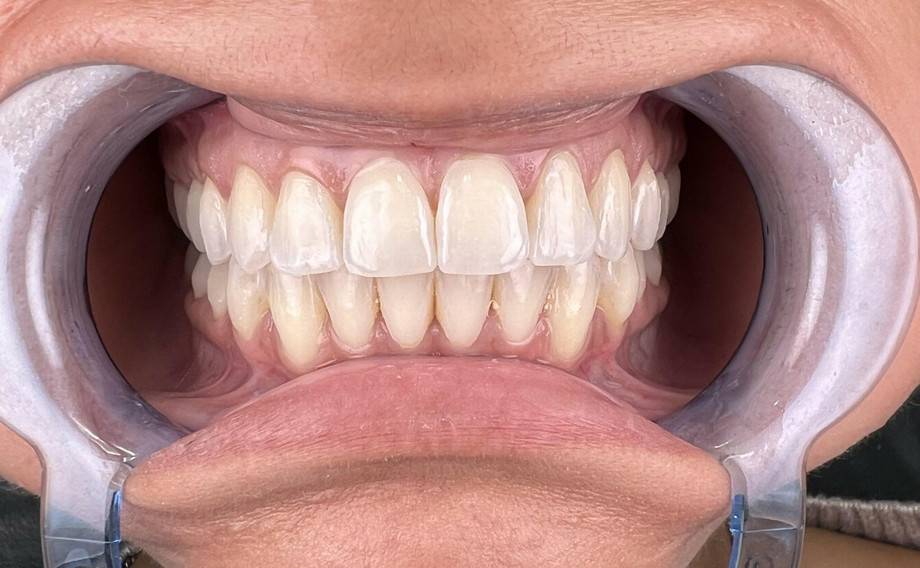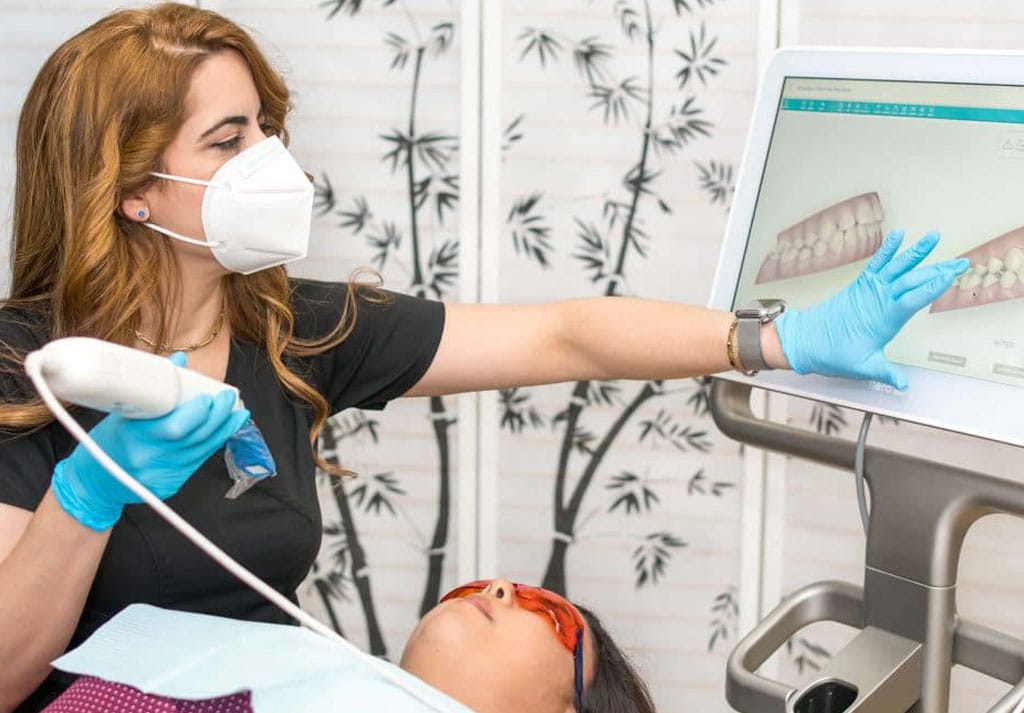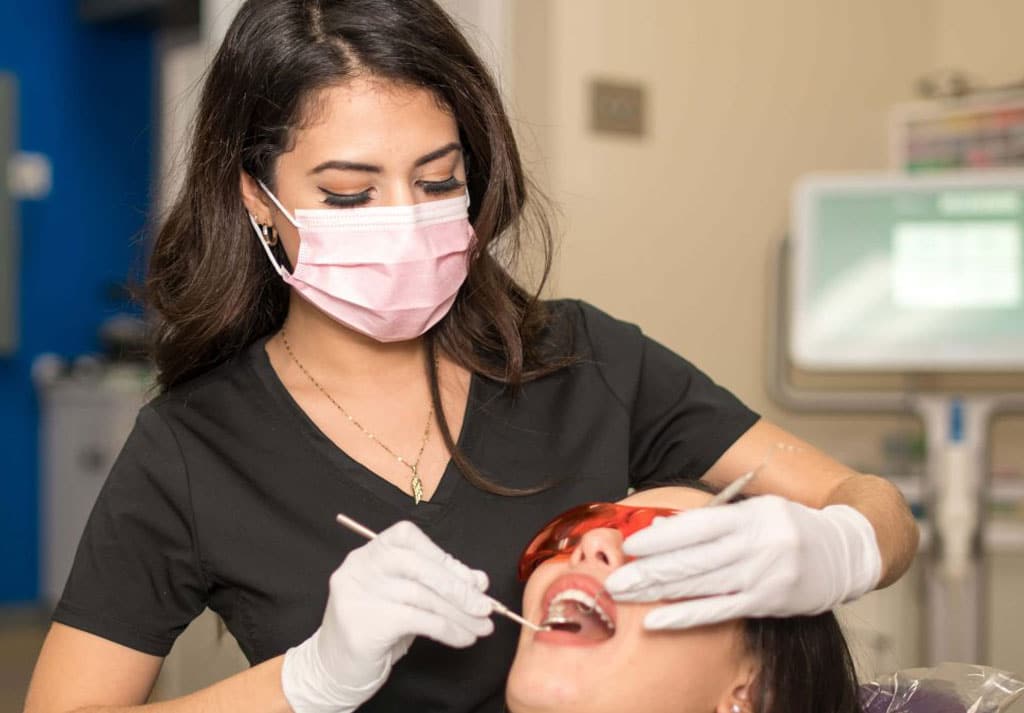You should take care of your gums and teeth, which help you avoid tooth cavities and bad breath. It also helps prevent gum disease, an essential part of good dental health and hygiene. Also, you should visit midtown dentistry Houston for a routine checkup atleast twice a year.
Brown spots on your teeth can be moderate or subtle, and they range in color from yellow to brown and are irregular in shape or almost uniform. If you have brown spots, you don’t maintain good dental hygiene. They are the signs of concern and upcoming severe diseases or infections.
What causes brown spots on teeth?
Brown spots, as well as dark stains, are caused due to multiple reasons, such as;
- Nicotine and cigarettes
- Tobacco is one of the most common causes of teeth staining.
- Chewing and pipe tobacco
- cigars
- Colored foods and beverages
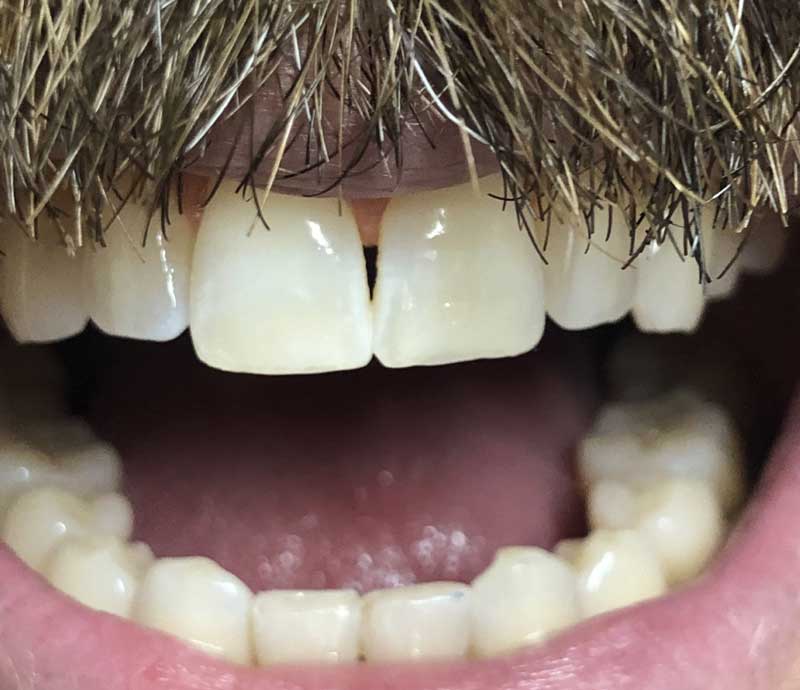
Tooth discoloration, including brown, yellow, and grey, can be caused by eating or drinking, such as:
- Dark Coffee and tea
- Red wine
- Cola and blueberries
- Pomegranates juice
What happens if you have brown spots on your teeth?
Tooth decay
When the outermost layer of tooth enamel, the hard layer, starts to erode, this may result in tooth decay. Bacteria and food particles constantly fill your teeth. When you eat food containing sugar, bacteria produce acid; moreover, if you don’t brush properly, plaque builds over your teeth and reacts to food acids, resulting in teeth staining and dental cavities.
Tartar
When you don’t clean your teeth, plaque will turn into tartar. Tartar is yellow to brown in color and hard to remove with daily brushing and flossing. Also, it might appear both above and under the gum line.
What are the primary symptoms of brown spots on my teeth?
- Brown spots on your teeth are early signs of cavities and tooth decay, so in such conditions, you should consider visiting the nearest dentist. You may feel tooth pain, sensitivity, or bad breath.
- If your condition becomes severe, it may lead to gingivitis disease. You may feel gums that feel sore and continuous swelling, and you should seek a Houston dentistry.
- Suppose you have celiac disease, which includes dry mouth, sores, or mouth ulcers. In celiac disease, your tongue may appear red, smooth, and shiny.
- If you have teeth enamel hypoplasia, your teeth are rough-textured or pitted areas on your teeth.
If you find any such symptoms, you should visit and consider visiting Midtown Dental for proper treatment and diagnosis.
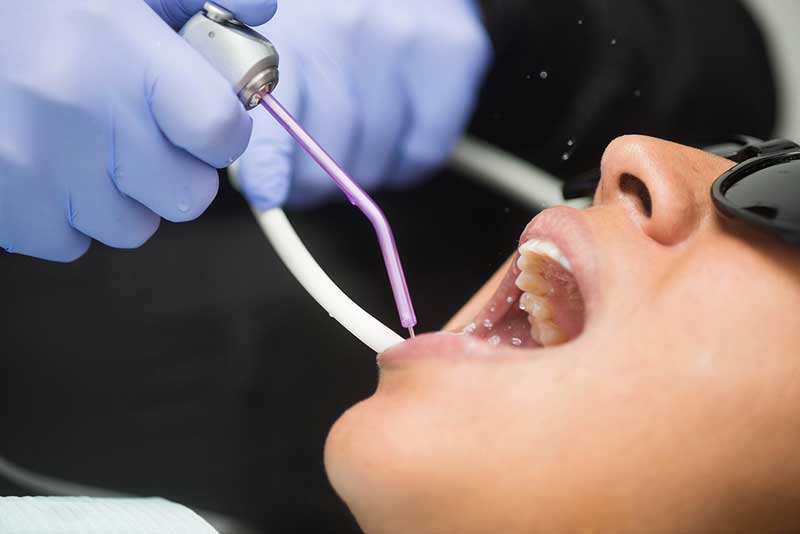
Procedure to whiten your teeth
Teeth whitening at-office results may last 2-3 years; good oral health and hygiene habits may prolong your results. However, if you have poor dental habits, such as smoking, your teeth become brown with more pace. Here are some treatments for teeth whitening:
- Dental prophylaxis: It involves deep dental cleaning and other preventive treatments
- Power bleaching
- Porcelain veneers and lumineers
- Composite teeth bonding
Conclusion:
If you have brown or yellow teeth, you should consider visiting Houston Dentist for various teeth whitening procedures and a proper diagnosis.
Article Source : https://www.hugotips.com/why-are-there-brown-spots-on-my-teeth/
